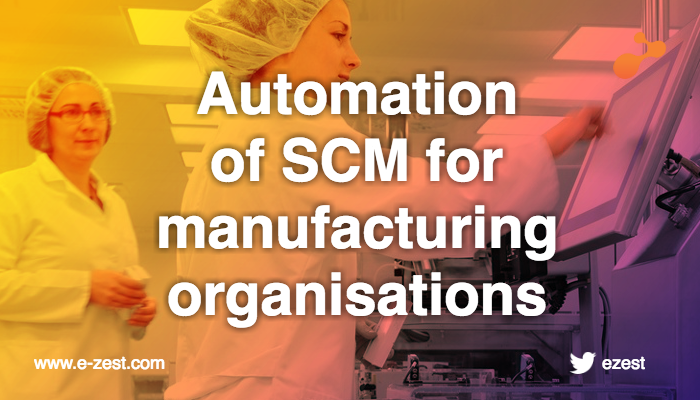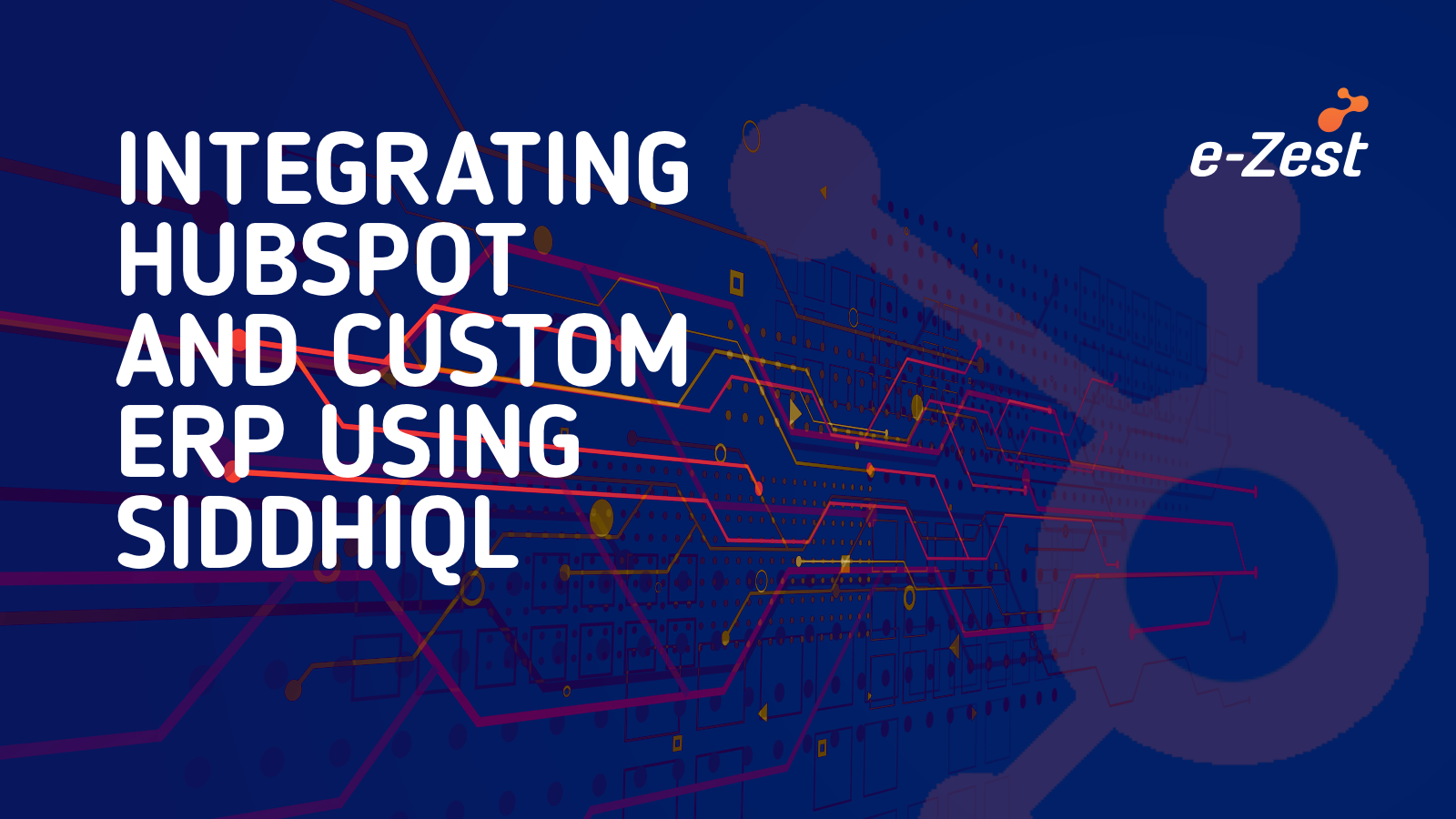
In today’s world managing the supply chain including the day to day operations has become one of the biggest challenge for manufacturing organisations. The challenges include distributor and customer network management, capture and maintain daily stocks, material batch creation and allocation, process alignment and handling documents such as purchase orders, invoices and material receipts. Furthermore, the logistics activities involve overall outbound operations such as allocation of lorries, material transfer notes, lorry receipts, load balancing, carriage and box weight optimization.
Thus, to solve these kind of challenges a web-based ERP application can be used. A web-based ERP application can help in automating the supply chain operations. The ERP application can manage the distributor and customer network using a single interlinked platform. In addition to it, the platform can take care of accounting and financial processes depending upon the requirement. It can also help in maintaining daily records and reports as per the stocks at factory, warehouses, distributor or customers to reduce the manual work and improve productivity simultaneously.
Following are some of the benefits of implementing web-based ERP application:
- Automation of the workflow: The order management capability of the application can automate all the workflows related to supply chain reducing manual work right from initiating the process to closure, the application guides users to proceed to the right path.
- Distributor/Customer network management: The ERP application provides advanced distribution management for the smart grid as well as links grid operations and associates business processes to reduce number and duration of sustained outages by providing access to real-time data.
- Requirement planning and strategy: The main focus of the supply chain is to meet the demand. The ERP application facilitates the users to create demand planning according to the requirement in order to avoid over or under flow of the material to customers. Also, it enables the users to prepare a strategy with flexibility to meet the requirements.
- Capacity planning: The ERP application offers one of the effective feature known as capacity planning. As the requirements goes up, the supply of the material should be enough to produce the products/services so as to fulfil the requirement. Therefore, this application establishes a synchronous process which enables organisation to catch up with the flow.
- Integrated execution approach: The application follows a strategic approach towards change by evaluating the current processes as well the IT operations and relatively leverages the current state as the foundation for process and technology design. It identifies the gaps and seeks to close the gap by creating a road map to the future processes.
- Reports and supply chain planning: Supply chain planning involves the selection of channels for marketing, promotions, determining the quantities of stock and inventory required. It also ensures replenishment and production policies are up to date as per the demand. The application facilitates in generating reports which are very crucial part of supply chain management. It also keeps the process streamlined using data from the generated reports.
- Cost effective: Using web-based ERP application, the system allows the users to track information and ensures if there's any scope a company can invest money more efficiently in a cost-effective manner.
Further integrations are possible with web-based ERP application that include logistics module to track orders and its status, analytics, future forecasting’s, operations, production, etc. Furthermore, the concepts such as Theory of Constrains (TOC), Buffer Level Management can be linked to application.


